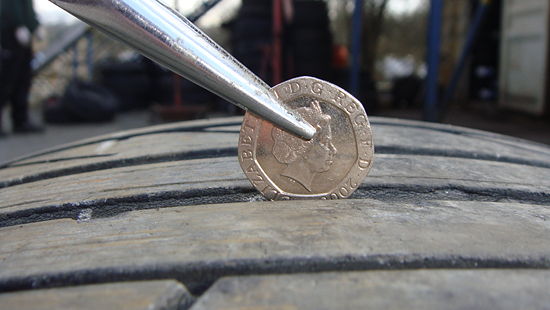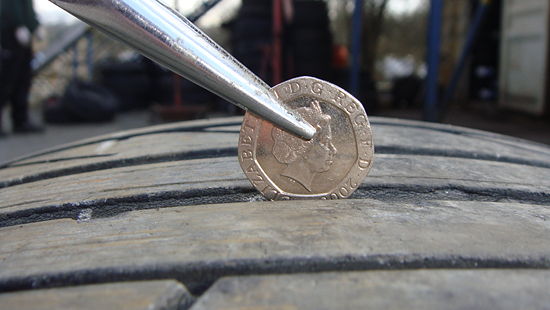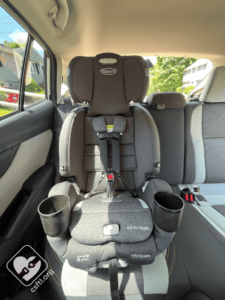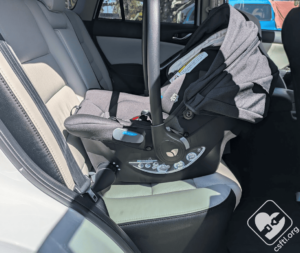Top 3 Car Safety Checklist

You can use a 20p coin to check tyre tread depth
Whether you find yourself driving larger Citroen vans or small Japanese compact vehicles, there is always a basic safety protocol to follow if you want to keep your vehicle as trouble-free as possible. Not only does this maintain the value of the car over the long haul should you choose to sell it for an upgrade, but it also ensures that you and your loved ones are kept as safe as possible while travelling in it.
With that in mind, let’s take a look at a few safety guidelines – a list of protocols that you should go over on a regular basis – to keep your car as free from incidents as possible.
Check your Tread Depth and Tyre Pressure
 You can use a 20p coin to check tyre tread depth
You can use a 20p coin to check tyre tread depth
The minimum legal depth on your tires is 1.5mm, but you will want to get it looked at sooner than that. Tread is enormously important for controlling the vehicle under conditions where there is ice, snow, water, or sleet, so changing out a tire when it is closer to 2.0mm is much more ideal.
Also critical to how the car handles under adverse conditions is the pressure in the tyre. While the owner’s manual or the inside of the car door frame should specify exactly what pressure to keep it at, a typical rule of thumb is 80% overall. More than that, and the tire is overinflated and does not have great grip, less than that and you have too much traction which can end up lowering your fuel efficiency, costing you more in the end.
Make sure your Wipers and Mirrors Work Well
Often after a friend or relative uses a car, they will adjust mirrors and even seatbelts to suit their height and build. It would be nice of them to remember that it is not their car and to adjust it back, but most of the time this just does not happen. That is why it is imperative to recalibrate your side and rear-view mirrors, as these are critical to knowing what cars and other obstacles are around you while you are traveling 70mph down the motorway.
Also, while this may seem odd to consider at first, windshield wipers are super important to your safety. Sometimes, old wipers may work so ineffectively as to make visibility worse; if you are only discovering this while you are screaming down the motorway when inclement weather hits, you are in trouble. Making sure that the contact with the blades is tight with no objects in between the windshield only takes a second and can save a lot of hassle down the line.
Restock all Fluids and Oils Regularly
While some are more essential than others, you will want to makes sure your fluids are well-maintained for your vehicle. This includes your transmission fluid, engine oil, engine coolant, power steering fluid, and brake fluid. The most important of these is your engine oil, the lifeblood of the vehicle. Change this every 5,000 kilometres at most. The last thing you want is a major transmission or steering problem on the road, so make this a priority.
These are just 3 of the top items that should be on your car safety checklist, and you’ll find plenty more essential checks right here.







